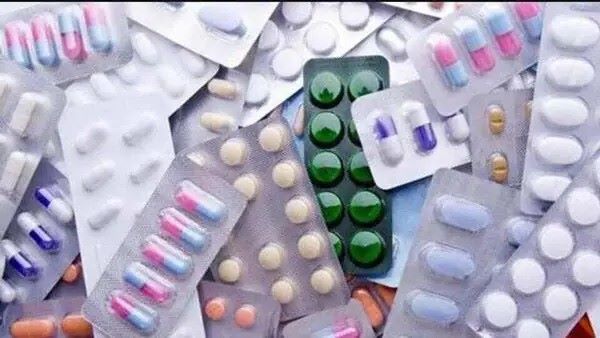COLOMBO – Sri Lanka has placed medicine orders worth Rs 90 billion through the State Pharmaceutical Corporation (SPC) so far this year, with an additional Rs 20 billion to be allocated in the coming weeks – a sharp 230% increase compared to 2024, Health Minister Dr Nalinda Jayatissa told Parliament.
“In 2024, only Rs 48 billion was spent on medicines imported through the SPC,” the minister said, noting, “This year, we initially expected expenditure to reach Rs 60 billion. However, it has already risen to Rs 90 billion, and we plan to add another Rs 20 billion within the next one and a half months.”
Dr Jayatissa said the Ministry of Health will spend a total of Rs183 billion this year on medical supplies procured through various state agencies.
Although the reasons for the sharp increase were not immediately clear, the minister noted that drug procurement timelines were being adjusted following the severe shortages experienced in 2023 and 2024, when hospitals repeatedly ran out of essential medicines due to import delays triggered by the foreign exchange crisis, one of the worst in the country’s history.
He added that to ensure smoother supply chains, the ministry had begun placing orders well in advance, giving manufacturers sufficient lead time to deliver stocks in 2025. Cabinet approval has also been granted for Rs 46.7 billion in local drug purchases to support domestic suppliers and reduce import dependency.
The post-crisis economic conditions have also increased the strain on the public health system. With the sharp depreciation of the rupee and rising living costs, many middle-class patients who previously sought care at private hospitals have shifted to state-run facilities, pushing up admissions and outpatient visits.
In 2023, the then Minister of Health said the national health budget could rise from Rs 140 billion to Rs 200 billion due to the surge in patient numbers.
Sri Lanka’s drug procurement system has also drawn criticism in recent years. Under a cost-plus formula, some medicines are purchased from local firms without competitive tendering, a system introduced during the 2015 – 2019 ‘Yahapalana’ administration alongside the implementation of drug price controls. Critics have argued that these policies encouraged lower-quality generics and limited access to original brands with proven clinical efficacy.
Several deaths in recent years have been linked to substandard or contaminated generic drugs, prompting renewed debate about the country’s regulatory standards and oversight mechanisms.
Analysts have long cautioned that instead of imposing price controls on pharmaceuticals, Sri Lanka should address macroeconomic instability and the Central Bank’s monetary policies, which have periodically led to currency depreciation and higher import costs, factors that have directly impacted medicine prices.
-ENCL



Comments are closed, but trackbacks and pingbacks are open.